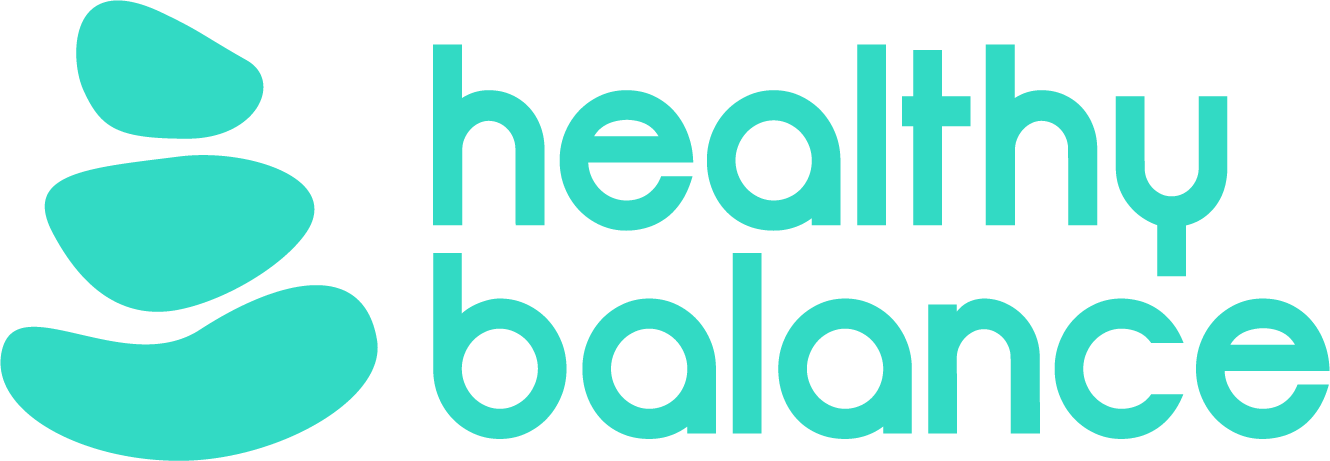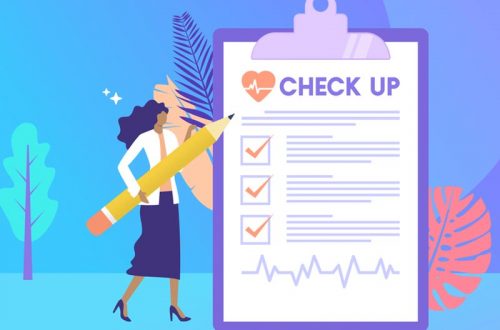Since the pandemic, there have been various shifts in every industry’s process. Banking got digital, and e-commerce innovated online purchases. Similarly, the healthcare sector has also started assisting patients online. These technological shifts are simultaneously increasing fraudulent activities like identity theft, prescription fraud, and insurance scams. These threats are exposing healthcare centres and affiliates to non-compliance fines and reputational damages.
Therefore, medicare providers need to employ robust patient verification to mitigate the chances of fraud and scams. The AI-powered solution streamlines the patient onboarding process by authentically validating documents and verifying their identities. These solutions use advanced methods to counter criminal breaches. The blog discusses more of the use cases of the digital Know Your Patient (KYP) solutions.
Table of Contents
Patient Identity Verification – Steps Involved in the Process
Know Your Patient (KYP) is not just a precautionary measure but also a regulatory obligation. Keeping in view the rise in medical identity thefts, prescription fraud, and other healthcare-related scams, regulatory authorities are revamping stringent regulations on medical care providers.
As per these guidelines, healthcare centres, pharmacies, hospitals, and other such sectors should identify patients’ identities before onboarding them. For pharmacies, they should verify age before selling medicines or Age-Oriented (AO) drugs. Shufti Pro Funding indicates that the AI-powered solutions provide accurate and seamless verification processes that involve the following steps:
- The system presents an online form and asks patients to fill in their information.
- After submission, patients are asked to show their documents and faces to the camera. Some platforms ask for pictures instead of a live presentation.
- The AI-powered OCR technology then extracts the data from documents.
- The system further matches the previously added information with the one on documents. Also, it cross-verifies the facial features.
- In this step, validation of documents takes place and the system detects signs of forgery.
- Afterwards, biometric authentication verifies customers by scanning their faces and detecting liveness.
- Along with all these verification checks, the system also verifies the age of patients to prevent prescription fraud. This helps pharmacies sell drugs to appropriate patients.
- The verification results are then displayed on the patients’ screen and recorded in the database.
Major Use Cases of Online Patient Verification
Traditional methods to verify patient identity are no more reliable because they involve high chances of human errors, discrepancies, and wrong data entry. Furthermore, these methods take weeks for identity verification. The Healthcare sector deals with the most sensitive information which does not allow space for loopholes. Otherwise, they face data breaches and other medical fraud.
This is why healthcare centres and other subsidiaries require accurate and robust verification processes. AI-powered solutions are the go-to options for developing these processes. The solutions have further the following use cases:
Automated Identity Verification Process
Manual verification processes are time-consuming and still don’t provide accurate results. Healthcare providers using traditional methods are on the verge of facing an increase in fraud attempts. This is why they should incorporate digital solutions to automate data collection and verification. This will not only pace up the legitimate customer onboarding but also restrict fraudsters’ access. This way medical care centres can ensure that they are providing treatment to the desired patients.
Mitigating Prescription Fraud
Another rapidly emerging concern the healthcare sector is facing is the minors-based threats. They use their elders’ credentials and documents to obtain prescriptions and purchase AO drugs. This increases the chances of addiction and has several other lethal consequences. Therefore, online stores should perform ID verification for pharmacies and identify the patients before selling any medicines. As per Shufti Pro News, the UK’s General Pharmaceutical Council also mandates pharmacies to perform patient age verification.
Countering Insurance Fraud
Criminals often commit data breaches to obtain information regarding insurance details and use it for their treatments. For instance, fraudsters use a patient’s name and insurance ID to get prescription drugs, expensive treatments, and consultancy. This deprives legitimate patients of their rights. Also, it affects the payment records, identity information, and treatment histories that healthcare databases hold. Therefore, medicare providers need to incorporate accurate solutions to identify patients as well as the insurance details they present.
Preventing Reputational Damages
Increased chances of identity theft and other medical fraud eventually bring reputational damages. So much so that healthcare centres face hefty non-compliance penalties. This happens when criminals get their hands on patients’ information. Therefore, healthcare centres and other subsidiaries should incorporate authentic verification checks firstly to verify patients accurately and secondly to update the records.
In Conclusion
Healthcare centres and telehealth service providers are in immense need of shielding solutions to minimize the chances of medical fraud. Therefore, AI-powered solutions provide automated processes that pace up the verification and help medicare providers onboard legitimate patients. These solutions further assist healthcare centres in ensuring compliance with Know Your Patient (KYP) regulatory obligations. Ultimately, reducing the chances of hefty fines and criminal threats.






